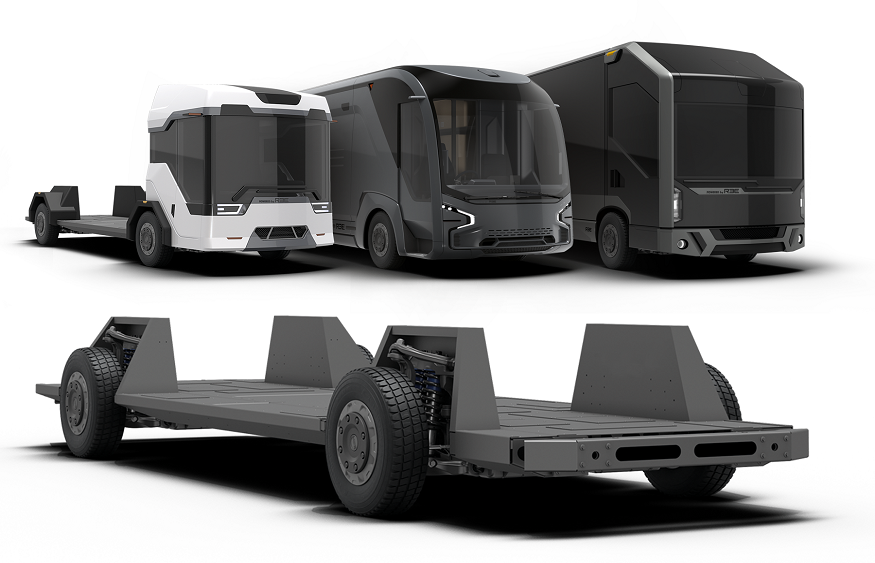Future Of EV Tech

The future of electric vehicle (EV) technology is expected to see significant advancements in areas such as battery technology, charging infrastructure, and vehicle design.Battery technology is expected to continue to improve, with developments such as solid-state and lithium-sulfur batteries potentially increasing the range and reducing the cost of EVs. The advancement in charging infrastructure will also help to make EVs more convenient to own and use with the expansion of fast charging networks and the development of wireless charging technology.
As Ree Auto considers different vehicle designs, the future of EVs is expected to see a wider variety of models, including larger vehicles such as SUVs and pickup trucks, and the development of autonomous driving technology.
EV technology refers to the various components and systems used in electric vehicles (EVs) to power, control, and drive the car. This includes components such as the electric motor, battery, power electronics, and charging systems.
The electric motor is the heart of an EV and is responsible for propelling the vehicle. It is typically a brushless DC motor powered by electricity from the battery.
The battery is a key component of an EV, as it stores the energy that powers the electric motor. Several types of batteries can be used in EVs, including lithium-ion, nickel-metal-hydride, and lead-acid batteries.
Power electronics is a system of electronic components that convert the electrical energy from the battery into a form that the electric motor can use. This includes components such as inverters, converters, and controllers.
Reasons the future of EV tech is better
There are several reasons why the future of electric vehicle (EV) technology is expected to be better than it is currently:
- Improved battery technology: Advances in battery technology are expected to increase the range and reduce the cost of EVs. New developments such as solid-state and lithium-sulfur batteries can potentially increase the energy density of batteries, allowing EVs to travel further on a single charge.
- Expanding charging infrastructure: With the expansion of fast charging networks and the development of wireless charging technology, charging an EV will become more convenient and efficient.
- Increased models: The future of EVs is expected to see a wider variety of models, including larger vehicles such as SUVs and pickup trucks, making EVs more accessible to a wider range of consumers.
- Autonomous driving technology: Integrating autonomous driving technology in EVs will make them safer and more efficient.
- Climate change and reducing dependence on fossil fuels: As the world continues to grapple with the effects of climate change, the shift towards EVs will help reduce emissions and dependence on fossil fuels, which will positively affect the environment.
- Government incentives: Many governments around the world are offering incentives to encourage the adoption of EVs, such as tax credits, rebates, and grants, which will help to make them more affordable for consumers.
- Cost of EV components: The cost of EV components is expected to decrease, making them more affordable to produce and, therefore, more affordable to buy.
- Advancements in recycling: As the number of EVs increases, so will the need for recycling. Advances in recycling techniques will help to reduce the environmental impact of EVs.
Overall, the future of EV technology is expected to make EVs more affordable, more convenient to own and use, and more widely available. This will help increase their adoption and reduce dependence on fossil fuels.






